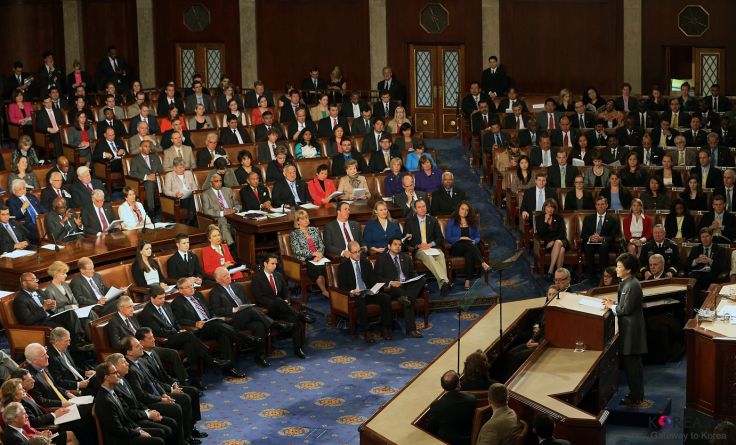Congress Introduces Campus Housing Affordability Act, Expanding Section 8 Voucher Access for College Students
ByThe efforts to make college more affordable by alleviating the financial burden on students have made Congressman Greg Landsman introduce a bill aimed at making the Campus Housing Affordability Act a reality.
This policy, announced on July 8, marks a significant change in policy that could offer free on- and off-campus housing opportunities for the first time to eligible students in two decades.

Background and Legislative Initiative
Ohio's 1st District Congressman Greg Landsman held a news conference to reveal the Campus Housing Affordability Act to establish a longtime deficiency in housing support for college students. The bill will modify restrictions that were put in place by Congress in 2005 on using Section 8 vouchers from the U.S. Department of Housing and Urban Development to help pay for college housing expenses. These coupons, devised to assist low-income families in seeking affordable housing, had been grossly limited to college students for many years previously.
He stressed that it was unfair to close the doors of higher education to such talented and gifted young minds due to a lack of money. He brought attention to the Act, which, according to him, was a giant step in the right direction: "It doesn't fix the bigger problem of college affordability, but it makes a big difference."
Support and Legislative Framework
The Campus Housing Affordability Act has co-sponsors from both parties in Congress, in addition to broad support from a variety of advocacy groups. The backing this provides from organizations like the National Center for Housing and Child Welfare and the Foster Care Alumni of America speaks to its bottlenecking role in enabling emancipated youth and former foster care youth to access college education.
Co-sponsors including Congressman Mike Lawler, Congresswoman Joyce Beatty, and Congressman Don Bacon illustrate strong bipartisan concurrence on the necessity for this change in legislation. Landsman was assured of the bill's passage due to the simple fact that it is budget-neutral and uses existing HUD resources that do not put an added financial burden.
Implementation and Impact
The proposed legislation allows students to use Section 8 vouchers for either on- or off-campus housing without impacting their eligibility for other kinds of financial aid or scholarship money. It ensures that the students get all the help conducive to success, both for institutional and personal growth.
While the legislation doesn't compel universities to accept HUD vouchers, institutions of higher education have responded very positively to the idea, according to Landsman. The universities' responses were also positive, with many indicating eagerness to refinance options in support of housing as part of the package for their students.
The Campus Housing Affordability Act is the new frontier in the fight against student housing insecurity at colleges. By re-establishing the availability of Section 8 vouchers to pay for housing, this legislation attempts to make it possible for any student from any background to attend any institution of higher learning without a crushing financial burden on their housing.
With this legislation working its way through Congress, the outlook for this important bill to positively affect academic achievement and saddle up equity in higher education seems relatively bright. This move appeals to many lawmakers from both parties; it has key stakeholder endorsements, such as the bipartisan recognition of housing affordability as a linchpin to educational access and outcomes.
The Campus Housing Affordability Act gives hope to current and future students in college that the educational environment will become more inclusive and supportive in the future.
© 2025 University Herald, All rights reserved. Do not reproduce without permission.








